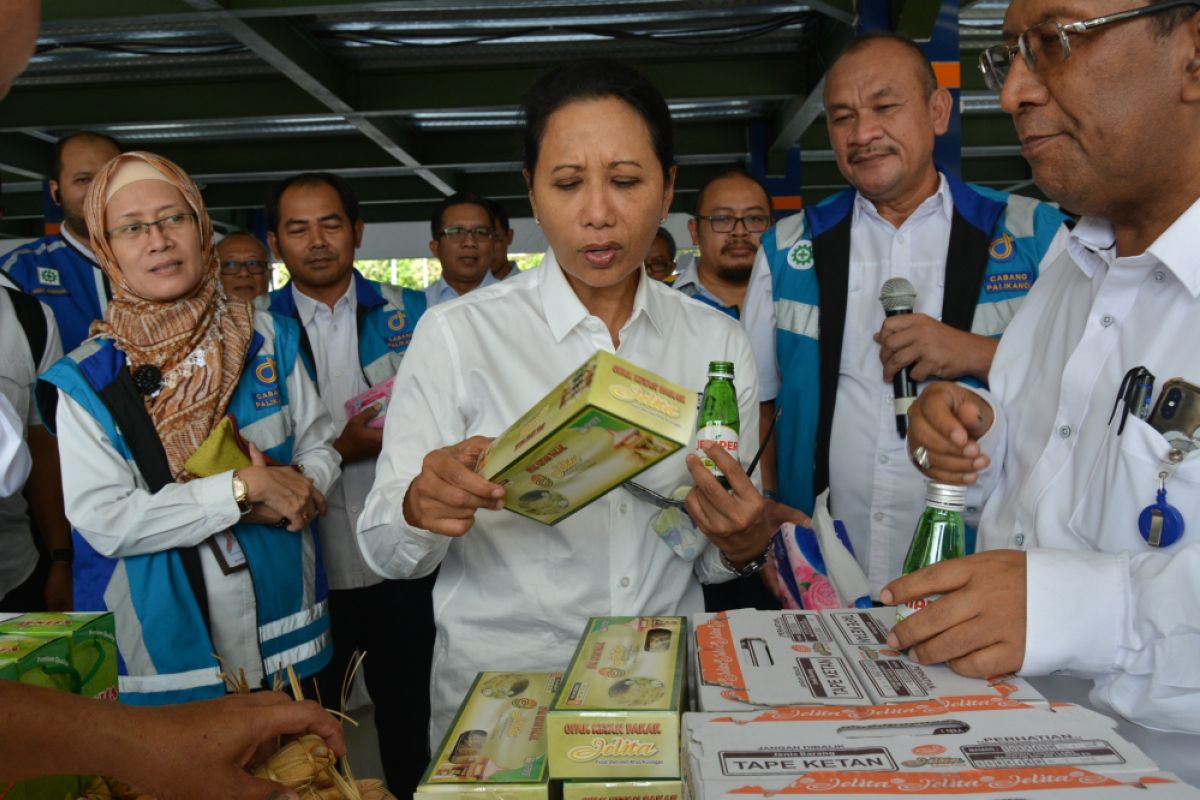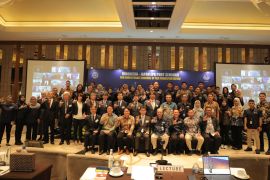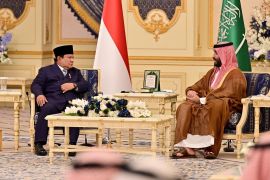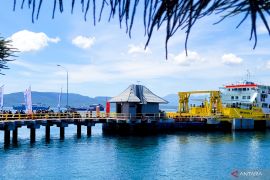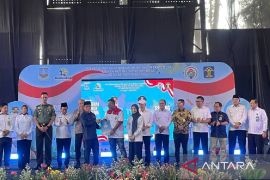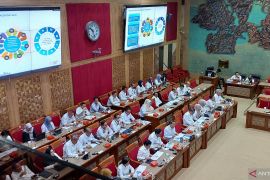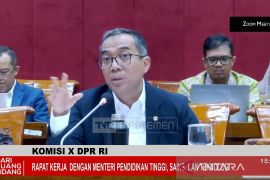"We hope SMEs can be a solution, but we still have to get support, especially capital, to be able to penetrate the export market," Victoria Simanungkalit, Agriculture and Plantation Assistant at the Ministry of Cooperatives and SMEs, stated in a discussion entitled "Export Potential Amid the Rupiah Weakening."
According to him, the potential of the SME sector for exports is still dominated by food, beverages, fashion, and crafts. The problem is that these sectors still have high import content; for example, leather products, buttons, and zippers still have to be imported from abroad.
"Hence, if SMEs get large quantities of export orders, of course, capital support is the main thing," he explained.
The presence of e-commerce service companies, such as Bli-Bli, Tokopedia, Bukalapak, and so on, is one of the factors that makes homeland SMEs able to penetrate the global market without having to participate in exhibition activities facilitated by the government.
Data show that although the government budget for exhibition activities fell by almost 50 percent, foreign exchange in the SME sector rose 12 times.
Meanwhile, Indef`s economic observer, Bhima Yudhistira Adinegara, noted that the US-China trade war actually affected Indonesia`s export performance. This factor also affected a number of export destination countries, such as India implementing excessive protection, one of which was the application of import duties above 50 percent for Indonesian CPO products.
Of course, we hope that these agreements can continue to open and expand Indonesia`s access to international markets, accompanied by readiness from domestic economic and industrial actors.
The fact also shows that the implementation of AFTA is actually done by neighboring countries such as Malaysia, Thailand, and Singapore. In comparison, in 2001, Singapore`s trade balance surplus with ASEAN was still US$3.82 billion, but in 2016, the trade balance surplus increased to $33.69 billion.
The difficulty of Indonesian products entering the export market is due to the swift non-tariff barriers in other countries besides the lack of standards and quality of Indonesian products. "Meanwhile, CPO exports contribute 15 percent of the total non-oil and gas exports," Adinegara remarked in a discussion held by the Pen News Forum.
According to him, there are several solutions for the government in order to increase export value, amid global problems and the weakening of the rupiah exchange rate against the US dollar, by providing easing of each levy, especially CPO exports reduced to $15-20 dollars per ton and expanding new markets such as Central Africa, Eastern Europe, and Russia.
"For logistical constraints, the government can provide tax breaks (tax holidays) for forwarders or export services from Indonesia to Africa for example," he added.
He explained that so far, the government has provided many incentives in the form of tax holidays and tax allowances. But unfortunately, the incentives provided are too general not and do not target specific sectoral needs. "Other problems exist in the licensing process and fiscal incentives that have not been integrated, as well as the length of time for tax administration for business people, including exporters," Adinegara elaborated.
While at the same place, Chairperson of GAPKI Communication, Tofan Mahdi, is optimistic that palm oil production will reach 42 million tons this year, of which 31 million tons will be absorbed in the export market.
However, he admitted that the emergence of negative campaigns from vegetable oil-producing countries had become one of the constraints for exports for domestic producers.
Therefore, Mahdi hoped that the national palm oil industry would continue to improve competitiveness with the Malaysian downstream industry.
Furthermore, the Chairperson of the Standing Committee for Export Development of the Chamber of Commerce and Industry (Kadin), Handito Hadi Joewono, revealed that one of the efforts was to boost the value of exports by entering a new export market.
This export can be done by large companies and SMEs. For industries or large companies that are very useful, they are given tax incentives, including tax holidays. While for small businesses and SMEs, what is needed is encouragement to start exports and streamline export payment facilities.
But unfortunately, until now, the government policy to encourage exports has not been well integrated. This can be seen from the unity of views among sectors. "The Coordinating Ministry for Economic Affairs should be more" fierce "to coordinate export-related parties," he explained.
The government should take various steps, so that the export market can grow, one of which is by increasing people`s purchasing power.
"Efforts to stimulate the business world means encouraging increased sales turnover by increasing people`s purchasing power for products sold domestically," Joewono noted.
Meanwhile, member of the House of Representatives Commission VI, Melani L Suharli, saw that the weakening of the rupiah currency exchange rate would make export commodities look better because they were cheaper according to importing countries.
According to him, exporters will enjoy higher profits because transactions are carried out in foreign currencies. So, when viewed from the fact of export performance, it is seen that the weakening of the rupiah does not necessarily boost the performance of Indonesia`s exports.
Suharli revealed that the House of Representatives Commission VI is currently discussing the ratification of international agreements, which include the ASEAN-Australia-New Zealand, ASEAN-India agreement, the agreement on goods trade within the framework of comprehensive economic cooperation between ASEAN and the Republic of Korea, as well as protocol agreements change to free trade agreements between ASEAN - China.
Editing by Yoseph Hariyadi
Reporter: Eliswan Azly
Editor: Heru Purwanto
Copyright © ANTARA 2018
